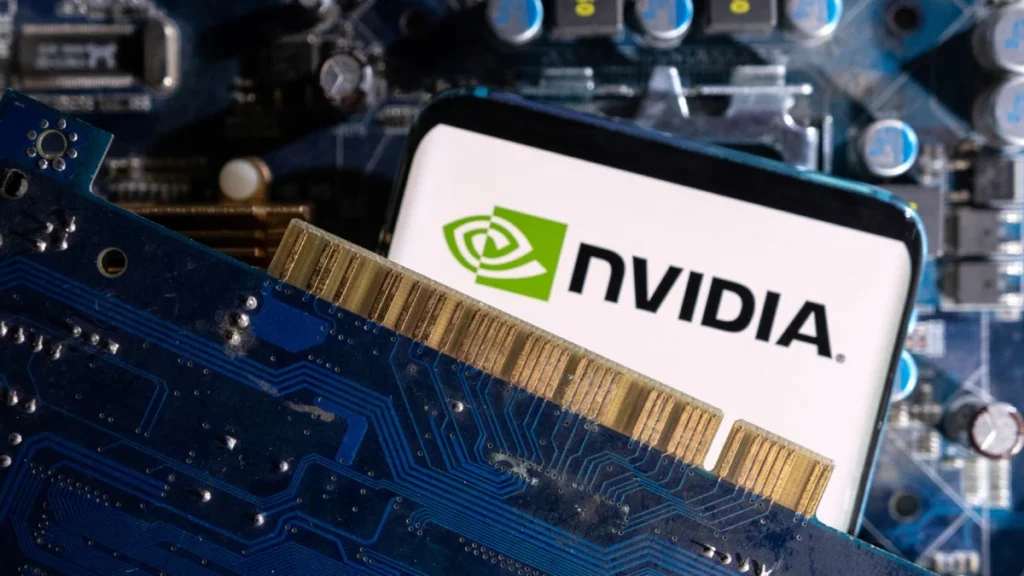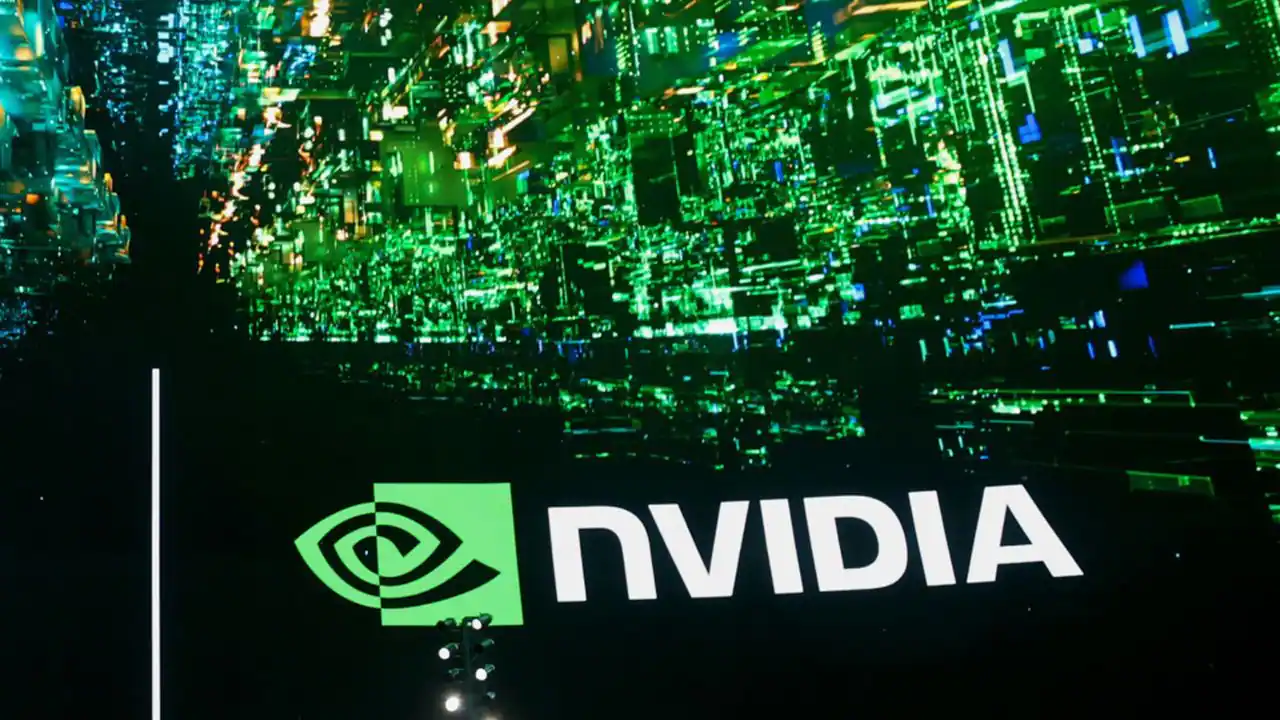Nvidia’s Recent Quarterly Forecast Falls Short of Investor Expectations, Sparking Concerns Over AI Market
Nvidia’s shares faced a staggering decline of 9.5 percent on Tuesday, marking the largest single-day drop in market value for a U.S. company. This plunge resulted in a staggering loss of $279 billion (approximately ₹23.4 lakh crore) in market capitalization. The downturn reflects a growing wariness among investors regarding the sustainability of the AI boom that has significantly propelled the stock market this year. The decline was exacerbated by a broader market selloff triggered by disappointing economic data, which further dampened investor sentiment.
The recent unease surrounding Nvidia’s performance stemmed from a quarterly forecast released last Wednesday that failed to meet the elevated expectations set by investors. Despite being a major player in the AI space, the company’s guidance suggested potential slowdowns, causing many to reevaluate their optimistic projections. The AI sector, which had previously seen an influx of capital and enthusiasm, now faces scrutiny as investors begin to question whether the growth rates can be sustained.
Todd Sohn, an ETF strategist at Strategas Securities, pointed out that the significant inflow of capital into tech and semiconductor stocks over the past year has created a skewed trading environment. “Such a massive amount of money has gone to tech and semiconductors that the trade is completely skewed,” he noted, suggesting that investor sentiment may be overly concentrated on a few high-flying stocks like Nvidia, leaving them vulnerable to corrections.

In addition to Nvidia’s troubles, other tech giants are also feeling the pinch. Intel’s shares dropped nearly nine percent following a report by Reuters that CEO Pat Gelsinger and other key executives are set to present a plan to the company’s board aimed at shedding unnecessary businesses and restructuring capital spending. This news highlights the challenges faced by traditional semiconductor companies in an increasingly competitive market driven by innovation.
The combined pressure on Nvidia and Intel reflects a broader shift in the market’s focus. As investors become more discerning, the narrative surrounding AI and technology may need to adapt to include not just growth potential but also the inherent risks involved. The previous exuberance surrounding AI as a game-changing technology is now tempered with caution, as the market recalibrates in response to changing economic indicators and company performances.
As the landscape continues to evolve, stakeholders will be watching closely to see how these companies navigate the shifting dynamics. The fate of Nvidia and its peers in the tech sector will depend on their ability to not only meet but exceed the expectations of a more cautious investor base in the months ahead.


















